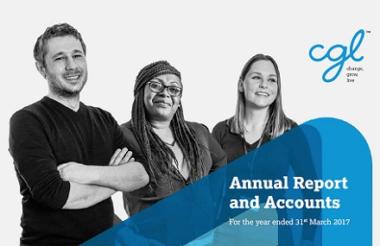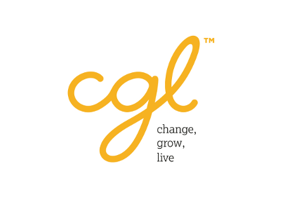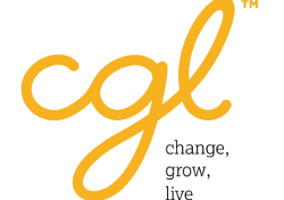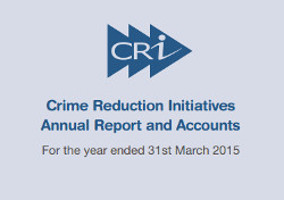Change, Grow, Live, the country’s largest drug and alchohol charity, has set out an ambition to develop a new service delivery model and diversify into new areas, in response to the “devastating” effects of austerity.
CGL had an income of £156m this year, compared to £158m the year below. Next year it will grow substantially due to the acquisition of £30m of services from fellow substance misuse charity Lifeline Project, which went into administration earlier this year.
CGL’s annual report and accounts, published on its website today, said that it plans to expand its offering, because it feels the approach it has piloted in the substance misuse sector can be applied to a wide range of social and healthcare issues, including health of prisoners and mental health.
But it said that excluding the extra work from Lifeline Project, it was targeting growth of only 1 per cent, because it faced such a difficult operating environment.
“Almost any CEO’s report from within the substance misuse sector this year is likely to contain, at the very least, adjectives such as challenging, testing, trying,” the charity’s chief executive David Biddle wrote in his introduction to the annual accounts.
“And that is probably an accurate if not understated assessment of the state of play in the sector as a whole. Reducing budgets, increased demand, political uncertainty and significant delay in publishing the drug strategy have heightened a sense of anxiety that services for the vulnerable people we work with are under threat.”
Need a new way of working
The charity said a new way of working was necessary for charities because of cuts to government funding,
“Austerity is proving devastating to traditional models of service delivery,” the report said. “We have the ingredients to develop a new service model using service users’ existing strengths and skills to provide high quality, integrated services rooted in local communities that can achieve exceptional outcomes for a significantly reduced spend.”
It said that public sector service provision was “disparate” and needed “consolidation”.
“We intend to show leadership in helping shape the consolidation of the current disparate provision of health and wellbeing services provided by a range of public sector organisations to disadvantaged and vulnerable service user groups,” the report said.
“We believe our integrated approach to delivering services to large populations in the substance misuse arena could be applied to a much wider range of social and healthcare needs.
“Over the coming year we will continue to grow and consolidate our core markets. We will also diversify and develop our service offering in the wider social health and employment market in new areas, including children’s emotional welfare, adult health in prisons and mental health services.”
Related articles












